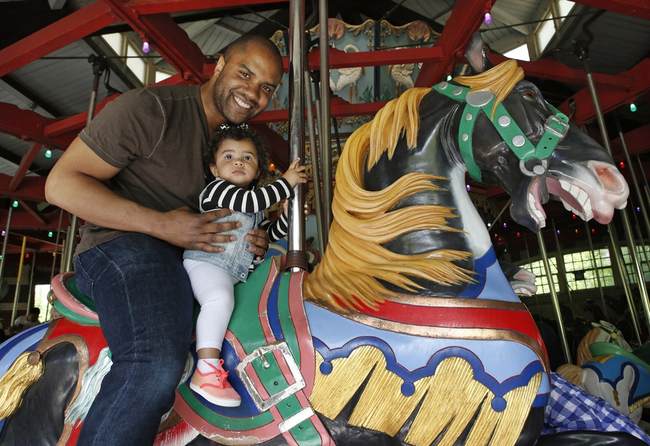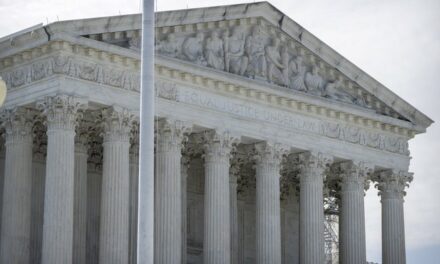We support our Publishers and Content Creators. You can view this story on their website by CLICKING HERE.

On August 31, thousands of parents will assemble in Washington, D.C., for the inaugural March for Kids. The event aims to draw attention to the growing movement to protect children, both from a toxic culture that attacks their innocence and a corrupt government that refuses to defend them.
Advertisement
However, it is impossible to understand the increasing threat to children without also recognizing the widespread assault on the American family that has taken place in recent decades. Both fathers and mothers have faced unique challenges, while parenthood as a whole has come under pressure from powerful cultural and economic forces. With Father’s Day just behind us, it’s worth examining the plight of fathers in particular and how lost fatherhood has contributed to the current crisis.
There should be no doubt that there is a crisis. By any measure, America’s children today are struggling. Academically, students have never been in worse shape — according to the National Assessment for Educational Progress, in 2022 only 36% of fourth-graders were proficient in math and only 33% could read at grade level.
Our kids are also suffering from a severe mental health crisis. The number of children on anti-depressants grew by over 40% from 2015 to 2021, and youth suicides increased by 62% from 2007 to 2021.
The difficulties facing children today can be traced to many factors, from the advent of smartphones and social media to the failure of state-run education and malicious influences in pop culture. But the most important, and perhaps least acknowledged, cause has been the disappearance of fathers from the lives of their kids.
Advertisement
There’s no getting around it: dads have not been as involved in protecting their children as they should have been. And this has resulted in a disaster for everyone.
In 2022, about one in four American kids were living in a home without their father. Sadly, the social science is clear about the negative impact this has on children. Those who grow up in a fatherless home are more likely to suffer from mental health issues and fall into substance abuse. They are more likely to drop out of high school and less likely to perform well in school. They are also more likely to engage in criminal activity and spend time in prison.
The epidemic of deadbeat fatherhood is an issue that urgently needs to be addressed, and we should not let men off the hook for their poor choices. However, we also need to recognize that various social trends have made life much more difficult for fathers as well.
On the economic front, for example, being the breadwinner for a family has never been harder. Stagnant wages combined with skyrocketing inflation have made it all but impossible for most Americans to support a spouse and children on a single income. This has pushed many families into the dreaded two-income trap, with over 70% of mothers now in the workforce as compared to less than half in 1975. Meanwhile, the loss of good-paying, blue-collar jobs and other recent economic shifts have been especially hard on men, whose participation in the labor force recently hit a historic low.
Advertisement
There is much we can do to make life easier for fathers — and, indeed, both parents. Thankfully, some of our more courageous leaders have begun to step forward and call for this.
But fathers must be willing to take personal responsibility for their families as well. The truth is that every father has a solemn duty to sacrifice for and protect his spouse and children. While this will obviously involve many struggles, it is also what makes fatherhood fulfilling. And it is ultimately what will be required to solve this crisis our society is facing.
It’s time for American fathers to reclaim our role as the protectors of our children and families. That’s why I will be marching with thousands of other dads in Washington on August 31. Hopefully, this will mark the beginning of a renaissance, for fathers, for mothers, for the family, and for our country.

 Conservative
Conservative  Search
Search Trending
Trending Current News
Current News 







